As pet owners, we strive to provide our furry friends with the best possible care and love. However, even with the best intentions, it’s easy to overlook crucial aspects of pet care that can have a significant impact on their health, happiness, and well-being. From subtle oversights to more serious mistakes, these missteps can lead to a range of problems. Let’s look at 19 errors that even pet parents with the best intentions make.
Humanizing Your Pet

“People humanize dogs and don’t understand their psychology as pack animals,” states the Seattle Times. We all love to pamper our pets and treat them like family, but it’s important to remember that they are animals with their own instincts and needs. It’s equally important to provide them with structure, boundaries, and appropriate training to help them thrive.
Disregarding Age

As pets age, their needs change. Failing to consider a pet’s age can lead to health issues and a decreased quality of life. Senior pets may require more frequent veterinary visits, dietary changes, and modifications to exercise routines. Young pets might require socialization or training. Disregarding a pet’s age can result in a delayed diagnosis of age-related health issues and a reduced lifespan.
Lack of Training
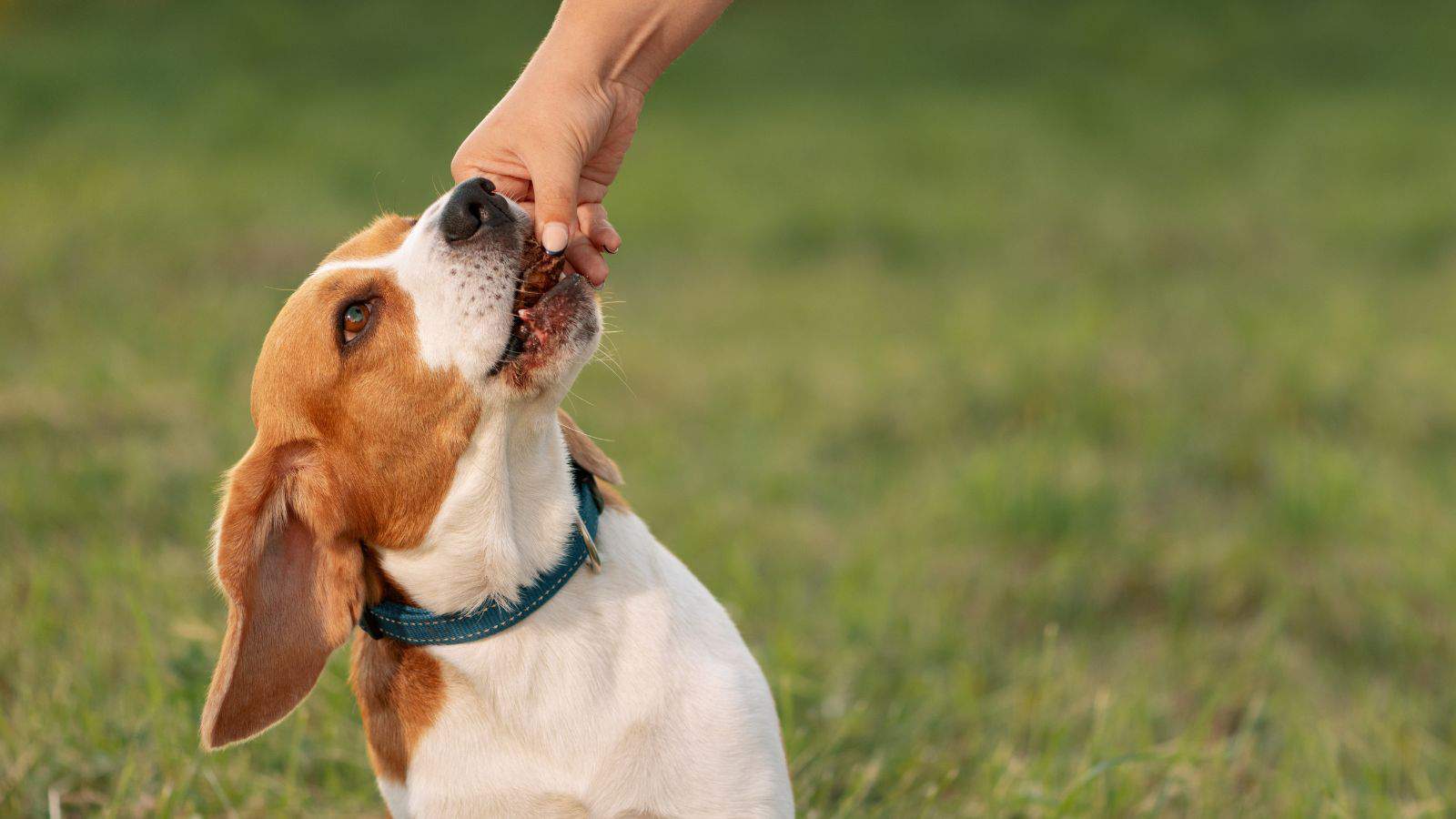
Training is about building a solid foundation of trust and communication, which is essential for a harmonious relationship. Start training early, and use positive reinforcement techniques to reward good behavior. Horse Magazine says, “When animals do things on their own, through training, then they are always much happier and certainly healthier.”
Insufficient Diet

Feeding them an unbalanced diet lacking essential nutrients is a costly mistake that can lead to health issues. Some pet owners mistakenly believe that table scraps or “people food” are a sufficient substitute for a balanced diet, but this can lead to nutritional deficiencies. Make sure your pet’s food is formulated to meet their specific needs, and avoid feeding them excessive treats.
No Pet Insurance

By not preparing for accidents that could occur or medical issues that might arise, you leave yourself and your pet vulnerable to inadequate veterinary treatment and potentially unaffordable costs. Newsweek says, “Many pet owners are now turning to pet insurance policies to avoid higher vet bills should something bad happen unexpectedly.”
Not Microchipping

If your beloved pet gets trapped or lost somewhere, it can be easily identified with the help of a microchip. By failing to provide this simple solution, you risk not being reunited with them if something terrible happens. Microchipping is a safe and effective way to identify your pet, so make sure your pet is microchipped and that their information is up-to-date.
Not Breed Specific

By not considering your pet’s breed, you are not giving them the adequate care they require. Not educating yourself on the specific breed can lead to mistakes in their grooming needs, dietary requirements, stimulation needs, common health issues to prepare for, and so much more! You might also want to consider certain breeds that are compatible with your family dynamics or other pets.
Lack of Dental Care
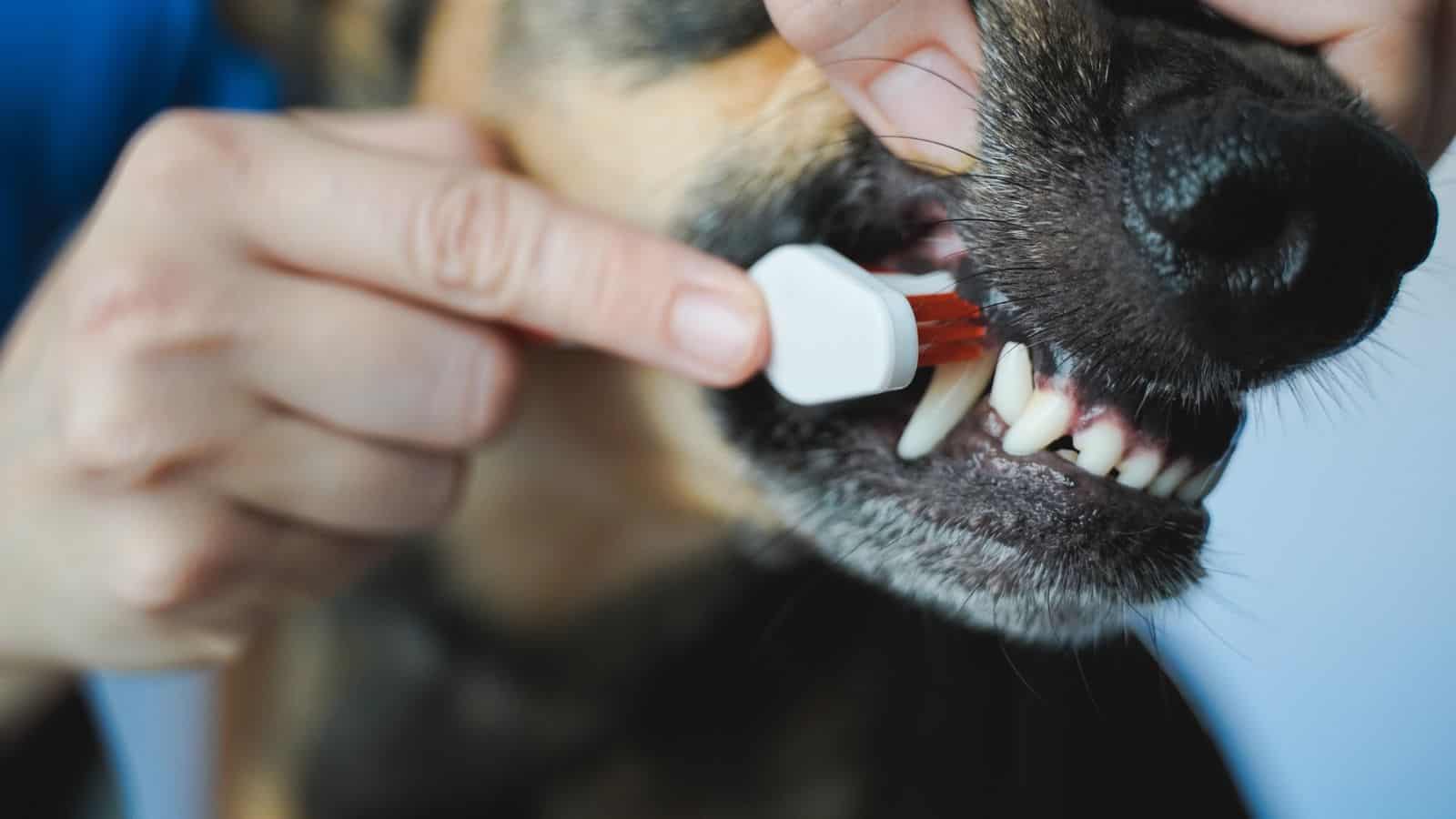
Dental disease is common in pets and can lead to serious health problems. Plaque can build up easily and quickly on dogs, particularly in the back and hard-to-reach teeth, which can lead to gum disease, rotting teeth, and tooth extraction. Brush your pet’s teeth regularly, and schedule professional cleanings as needed.
Poor Exercise Regime

Regular exercise is essential for your pet’s physical and mental well-being. It helps maintain a healthy weight, strengthens muscles and bones, and reduces behavioral problems caused by boredom and pent-up energy. Make sure your pet gets enough exercise based on their breed and age, such as daily walks, playpens, sufficient space, and designated playtime.
Avoiding Checkups

Skipping vet visits means missing early signs of illness, preventing timely treatment, and potentially leading to more serious (and costly) health problems down the road. Prevention is key and a lot less stressful for both you and your pet. Regular checkups help your vet establish a baseline for your pet’s health, making it easier to detect any changes early on.
Bad Portion Control

Our pets need the right amount of food to thrive. Overfeeding can lead to obesity, joint problems, and other health issues, while underfeeding can leave them malnourished and weak. It’s crucial to follow feeding guidelines based on your pet’s age, breed, size, and activity level. When in doubt, talk to your vet about the best diet and portion sizes for your furry companion.
Punishment
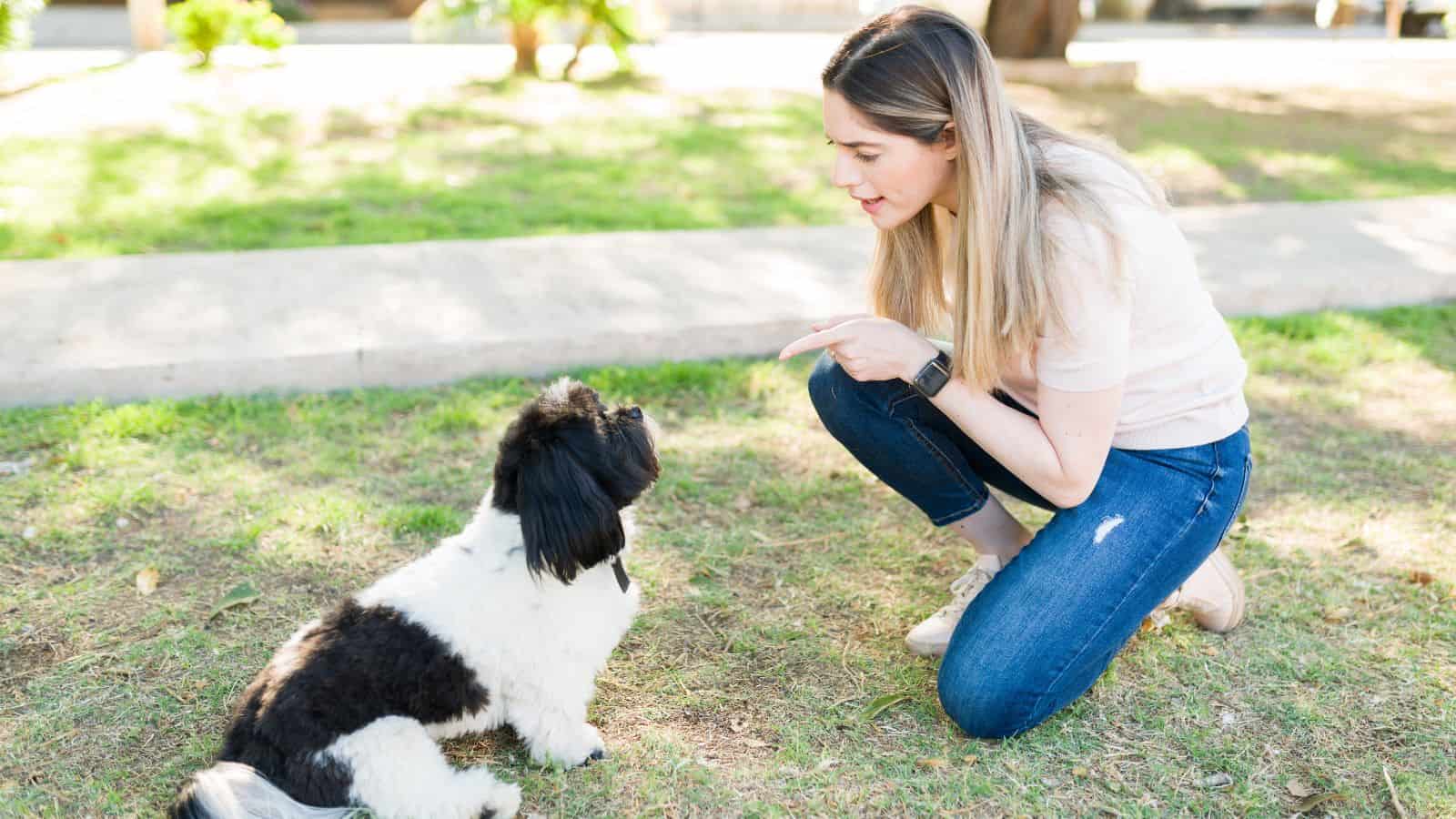
Punishment-based training methods, such as yelling, hitting, or using shock collars, are not only cruel but also ineffective. They can damage your relationship with your pet, create fear and anxiety, and lead to more behavioral issues. Instead, focus on positive reinforcement, rewarding your pet for good behavior with treats, praise, and affection, and strengthening your bond.
Behavioral Issues

Ignoring behavioral issues like aggression, anxiety, or destructive tendencies can make it worse and put a strain on your relationship with your furry friend. Seek professional help from a vet or animal behaviorist to identify the root cause of the problem and develop a plan to address it. With patience and consistency, you can help your pet overcome their challenges.
Ignoring Body Language

Animals communicate primarily through body language, and it’s our responsibility to understand their signals. Ignoring signs of stress, fear, or discomfort can lead to escalating problems and even aggression. Learn to recognize subtle cues like flattened ears, tucked tails, dilated pupils, or lip licking. If your pet seems uncomfortable in a situation, remove them from it and give them space.
No Mental Stimulation

Pets need mental stimulation to stay happy and healthy. A lack of it can lead to boredom, frustration, and destructive behaviors. Provide your pet with plenty of opportunities for mental and physical engagement, such as puzzle toys, interactive feeders, climbing structures, or simply exploring new environments. Remember, a stimulated pet is a happy pet!
Leaving Children Alone

While children might have the best intentions, they might also not know how to approach and handle pets gently and respectfully. This could result in an aggressive reaction from the animal as a means of defense, so it is best to never leave them alone unsupervised. Even the most patient pet can become overwhelmed or frightened by a child’s unpredictable behavior.
Unsecure Yard

An unsecure yard can pose serious risks. Make sure your home and yard are safe for your furry friend by removing hazards like toxic plants, cleaning supplies, and small objects they could swallow. Secure fences, keep gates closed, and supervise your pet when they’re outdoors to prevent them from escaping or getting into trouble.
Quick Introduction

The Animal Humane Society says to “resist the temptation to let your pet run loose in the house during [the] first week, especially if you have other pets.” If your new pet has come from a shelter or a cage, then gradually introducing them to their new home and integrating them with your other animals is safer and less stressful for all parties involved.
Ignoring Illness
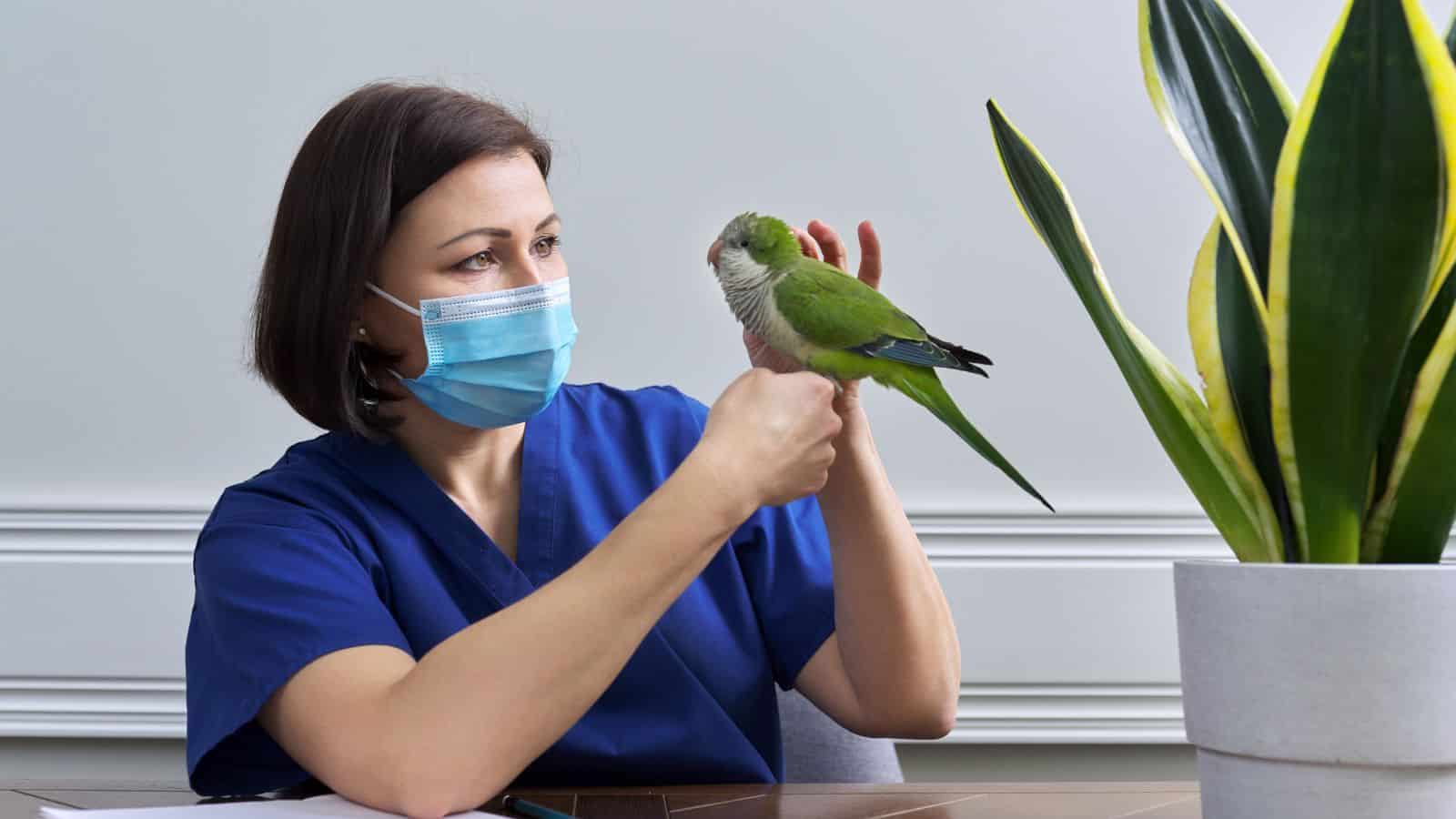
Pets are masters at hiding pain and discomfort, so it’s crucial to be vigilant for any changes in their behavior or appearance. Subtle signs like changes in appetite, energy levels, bathroom habits, or coat condition can indicate underlying health issues. If you notice anything unusual, don’t hesitate to consult your veterinarian.
Up Next: 19 Completely False Things About America That Foreigners Think Are True

The U.S. is arguably the most famous country in the world, and people from far-off places often know our flag and president’s name! However, a lot of media coverage and exported movies mean plenty of opportunities for misunderstanding and stereotyping. Here are 19 false assumptions non-Americans often make about ‘the land of the free!’
19 Completely False Things About America That Foreigners Think Are True
20 Loyal Dog Breeds That Will Never Leave Your Side
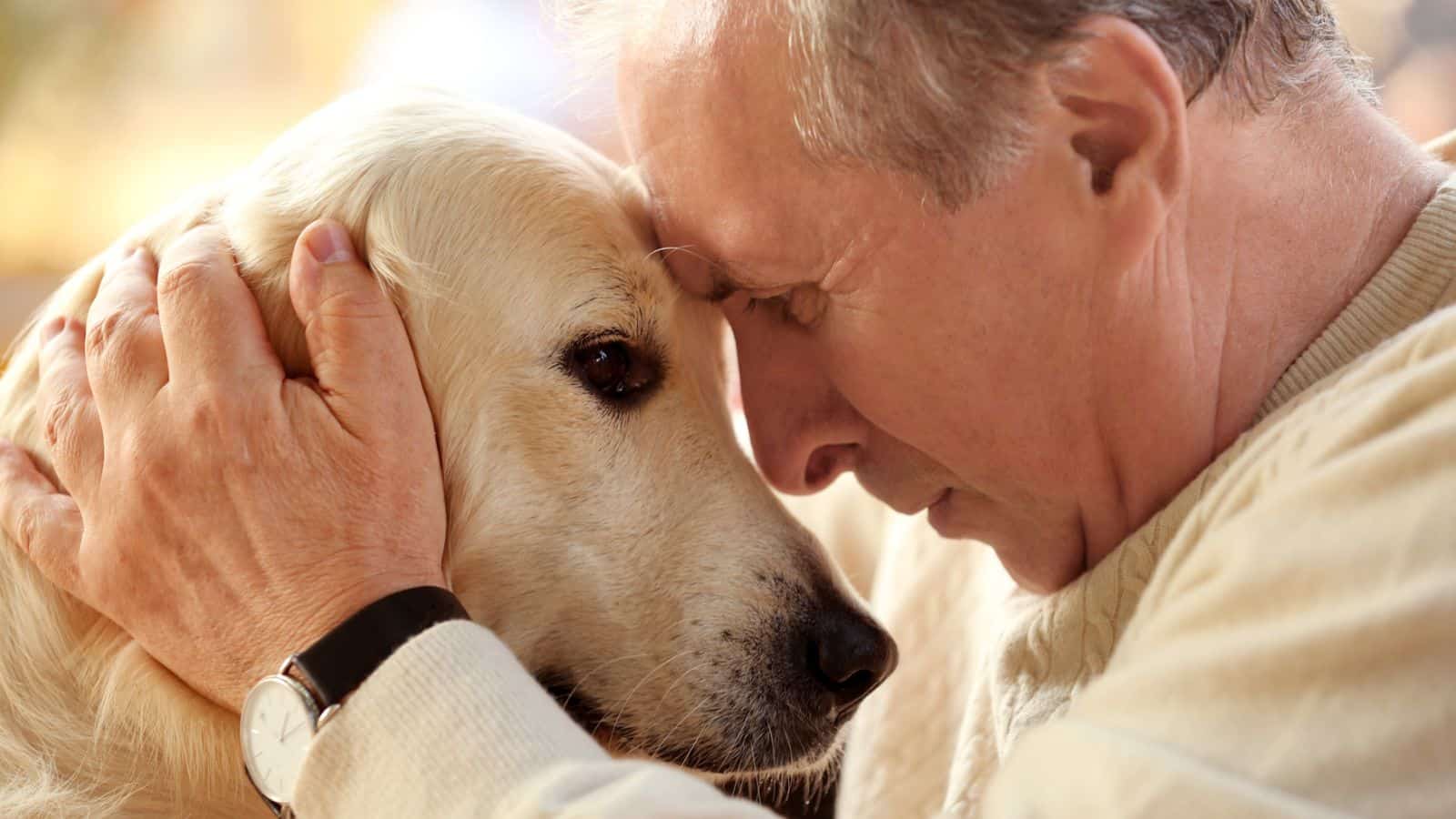
Since early humans first fed a wolf around a campfire, dogs have been our constant companions and are renowned for making strong bonds with their owners. But which specific types of dogs make the most loyal and devoted pets? This article describes the 20 most unwaveringly loyal canine breeds and the characteristics that make them the ultimate ‘ride or die’ pets!
20 Loyal Dog Breeds That Will Never Leave Your Side
18 Reasons Older Men Say ‘Nope’ To Relationships

Older men embrace being alone and generally prefer spending time in solitude. They’ve had a full, so don’t criticize them for being less social! The following 18 reasons explain why older men prefer to be alone and are redefining how they experience their retirement years.
